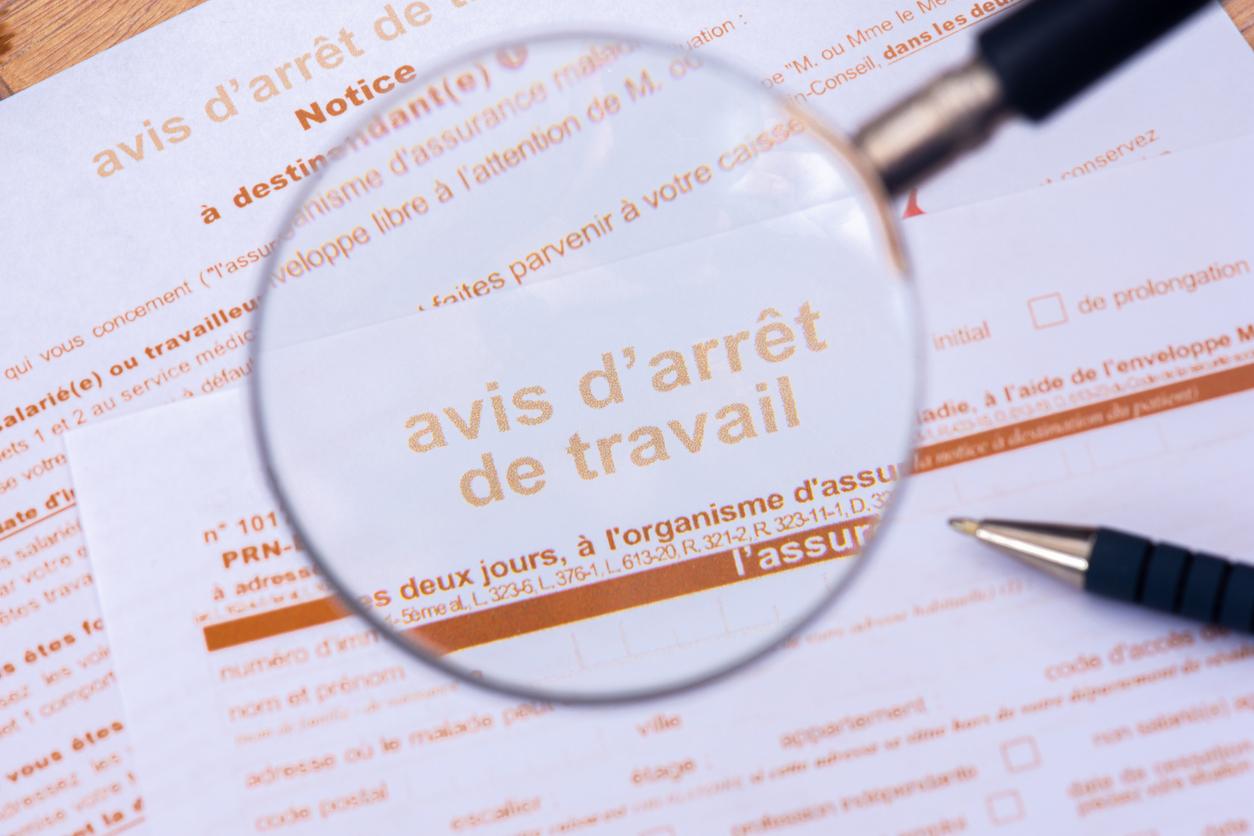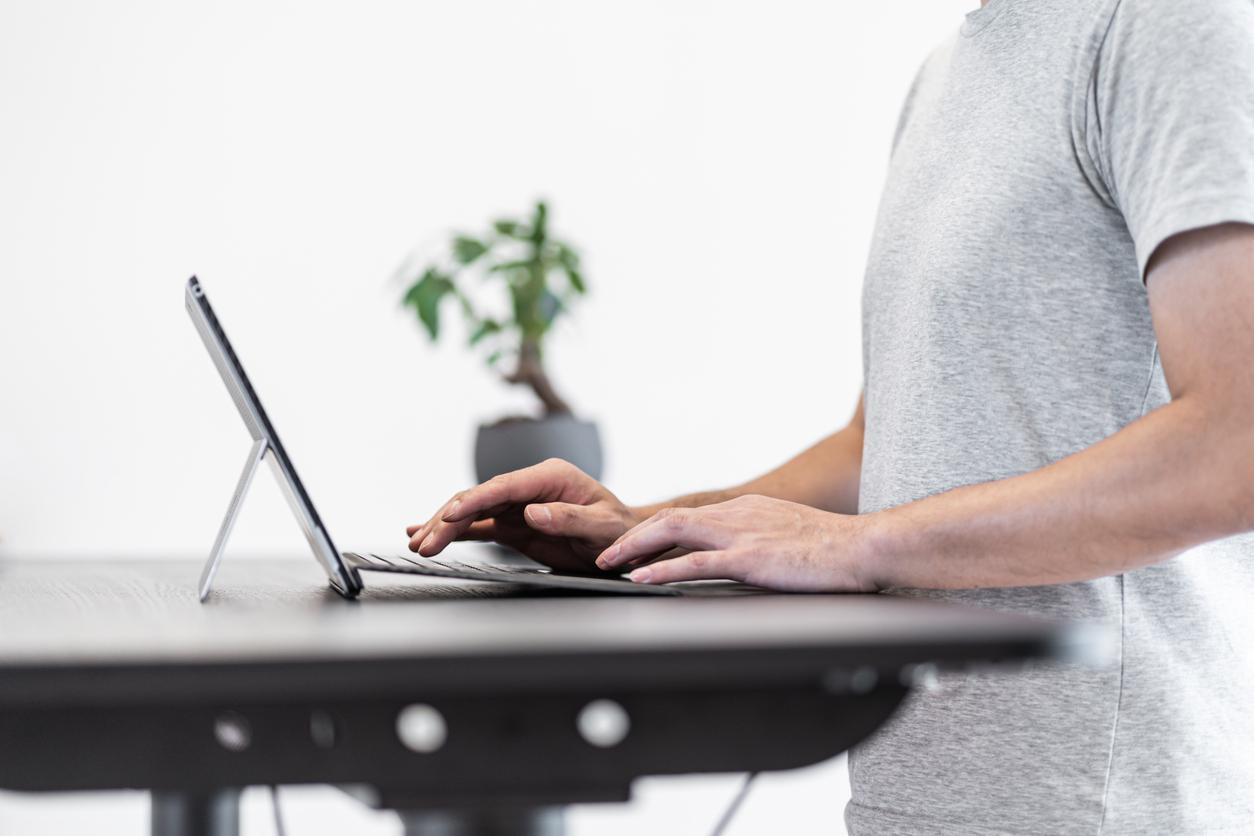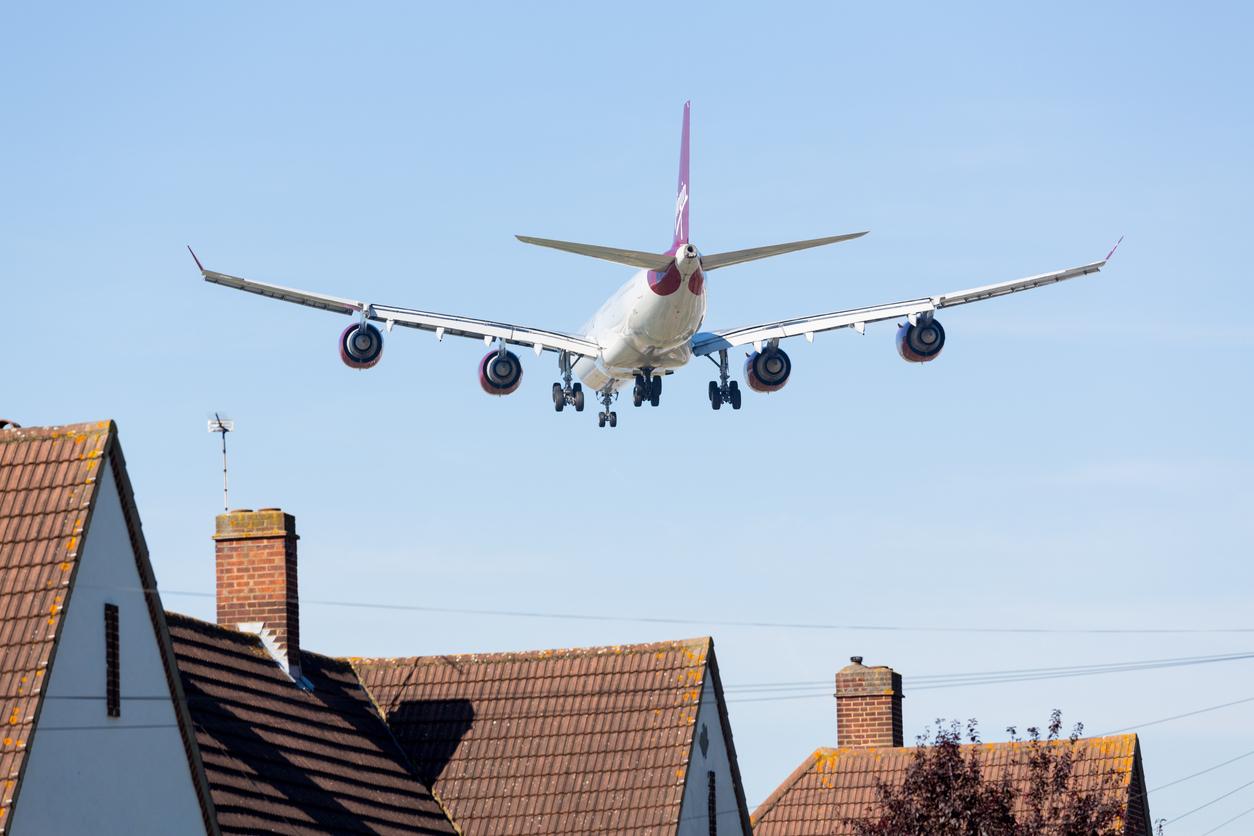After months of teleworking (suffered or appreciated…) many of us have found our way back to the office. Yes, but here it is: whether we are in a open spacein a shop or on a construction site, face-to-face work raises the question of noise pollution.
Exactly: according to a recent survey conducted by Ifop and the association National Hearing Day (JNA)approximately 49% of French working people say they are “Genoa” by noise and noise pollution in their workplace.
Unsurprisingly, the sector of activity where noise is the most bothersome is industry (with 67% of workers complaining about noise pollution). Next come commerce (58%) and construction (53%). Noise seems to particularly disturb active people who work in Paris (56% of Parisians complain about it) and young people (under 35s are 52% who want quiet).
Noise pollution at work is bad for your health
In addition, according to the survey, 47% of working people who experiment with teleworking believe that noise bothers them more in person. Only 17% find noise pollution more annoying when working remotely.
Obviously, noise pollution at work has an impact on the health of employees: it causes fatigue, lassitude and irritability, but also sleep disturbances and hearing discomfort. The National Hearing Day Association (JNA) also notes an increase in cases of deafness, or whistling and ringing in the ears.
How to protect against noise at work? To combat noise pollution in their workplace, 23% of teleworkers have requested appropriate listening equipment when they are teleworking, 21% of workers have already carried out a hearing test, 24% have requested protective equipment face-to-face noise reduction, and 20% consulted a doctor. So there are solutions!
Read also :
- 3 reflexes to take care of your hearing
- Insomnia: how noise disrupts sleep cycles
- Burn out: pay attention to the signs before reaching the breaking point















